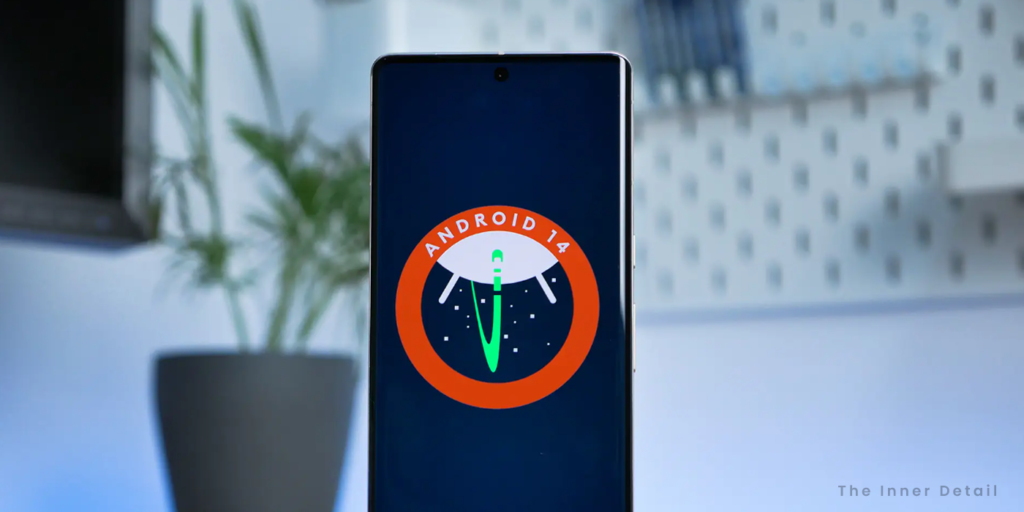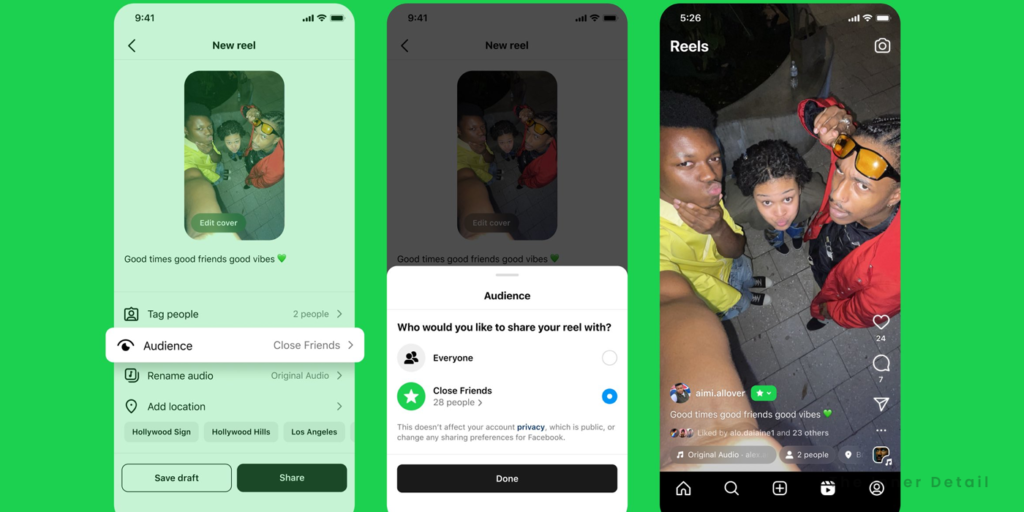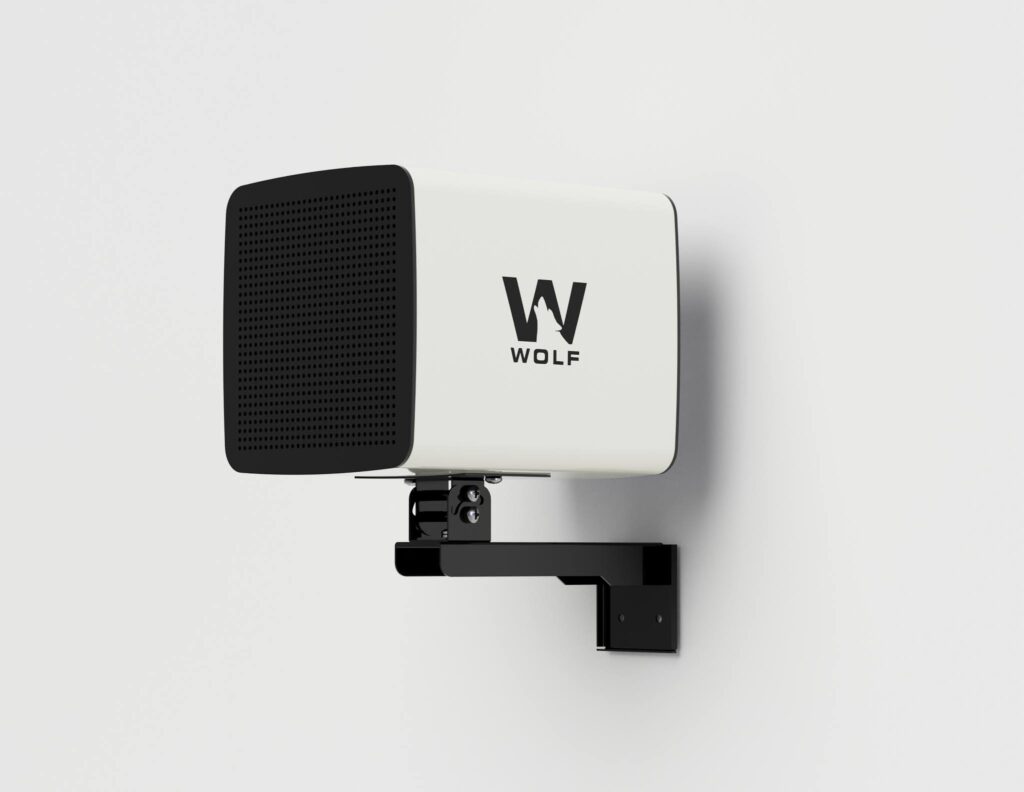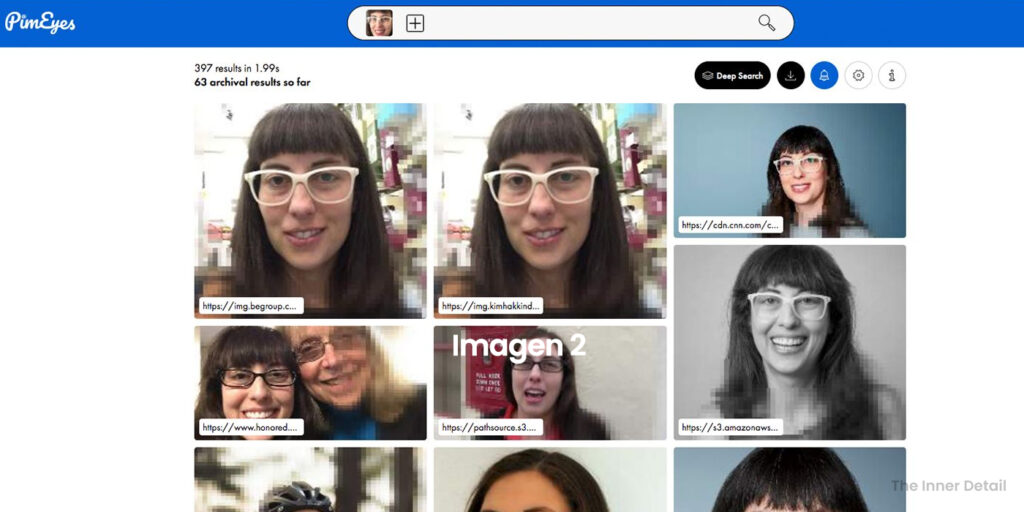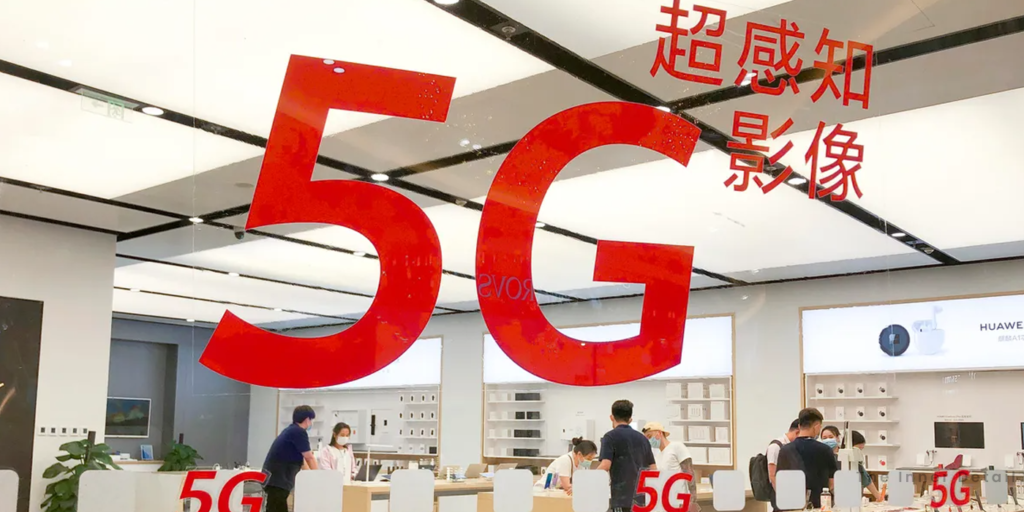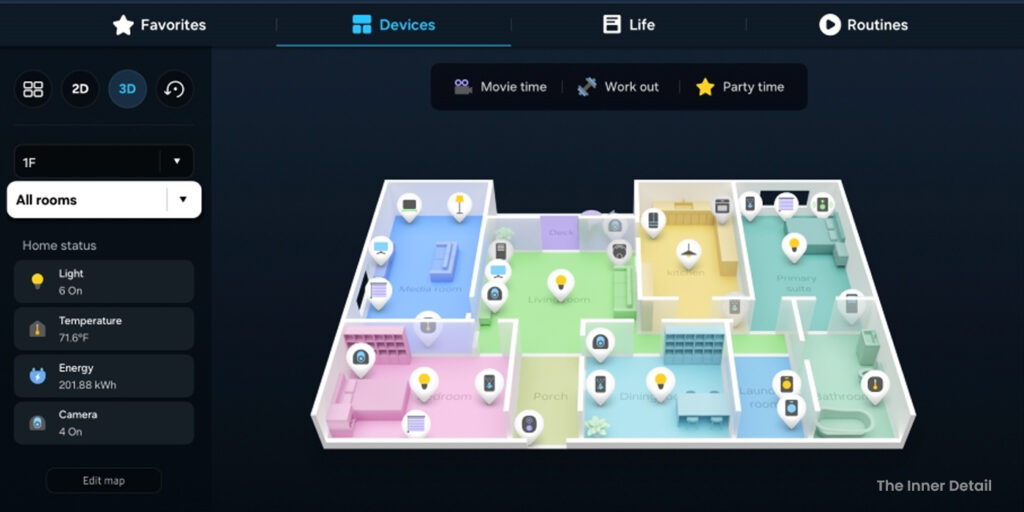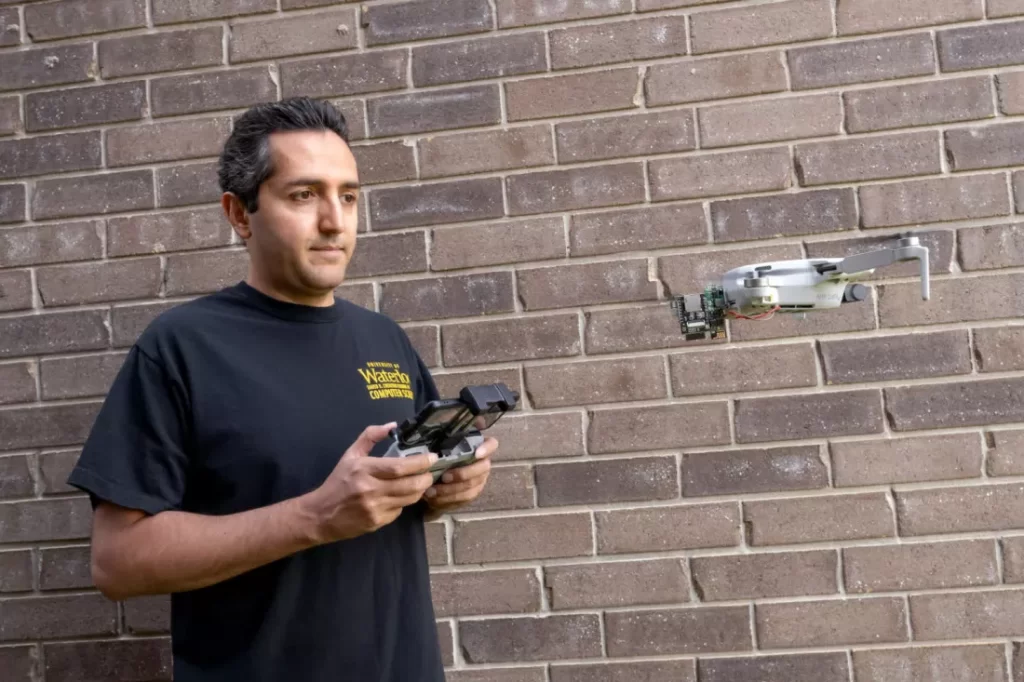Google is incorporating artificial intelligence (AI) into Android 14 to elevate the smartphone experiences, by introducing AI-powered assistant and new features.
The onset of generative AI has leveraged every realm it has entered by delivering an effective user experience and by minimizing time considerably. Starting from education, to any information you search in web, AI tools like ChatGPT, Bard, Bing has brought everything in a single page with all data included and also with follow-up questions to know better on a subject.
The prime thing that AI brought into effect is time-saving, followed by potency. Google envisions the AI-powered Smartphones, by blending generative AI with its Google Assistant and setting up new features influenced by AI.
Android 14 with AI
Google is working on ways to make smartphones AI-enabled, giving more personalization, customizability and of-course the capability of AI to the mobile phones.
During the presentation of the second quarter results of Alphabet’s Vision, its CEO Sundar Pichai highlighted that “Android 14, our latest operating system, will incorporate our advances in generative AI to personalize Android phones. The Pixel and Android teams are working together to advance the latest devices.”
Powering Google Assistant with AI and in-building Bard AI as a central performer and also as a search-engine is what we know till now as the firms’ plans of fostering AI-enabled smartphones. This integration will user in a new era of instantaneous actions and seamless interactions.
How Bard AI will improve Android 14?
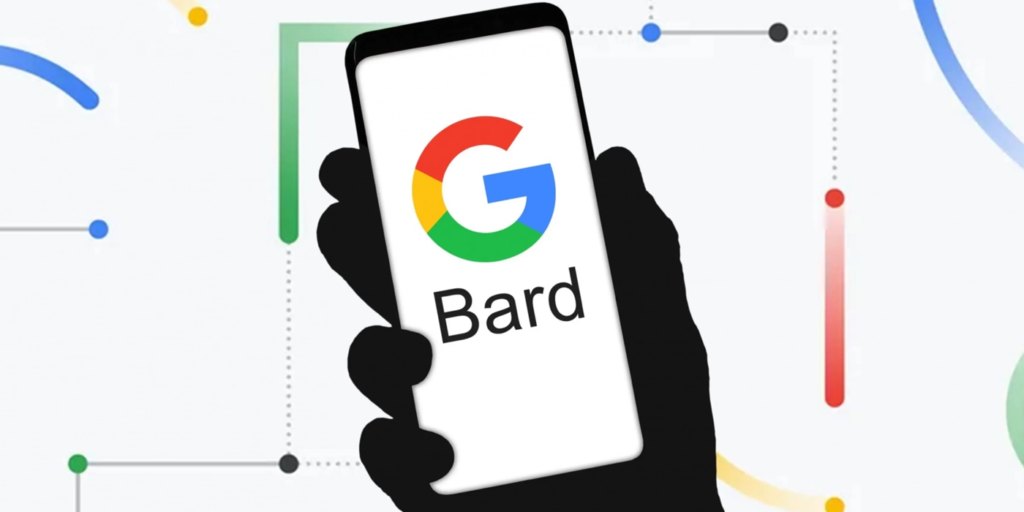
Google launched its generative-AI named Bard AI in the I/O event held on May 10, 2023 and it is now about to equip Bard in Android 14 in many ways. Besides being a conversational AI, fetching in all required information from the web, Bard AI could even customize apps and its notifications based on users’ activities. In the sense, Google adds personalization features much effectively using AI. For example, your smartphone would automatically change to different modes based on your activities, say do not disturb mode during work and more.
Further, Bard would offer quick shortcuts to various hidden settings and functions, enhancing the usability of the smartphone. It might not just cater external search (internet), but also foster in internal search. Say for example, currently the ‘search’ in Settings will only provide you the exact setting that matches with the input word you search. But Bard might enhance it to be like a typical google search within your phone, so you can also be descriptive.
AI-enabled Google Assistant
One way Google wants to enhance the user-experience in smartphones is via direct interaction with Google Assistant. Besides just transcribing your voice to fetch you results from the internet, Google Assistant takes a shot on AI to do more in Android 14. Again letting the Bard into it to understand users’ preferences, behavior and context, Assistant may offer tailored suggestions, responses and call-to-actions in a seamless and effortless way.
Imagine starting your day with your android phone automatically adjusting its settings based on your daily routine: turning on Do Not Disturb (DND) mode during work hours, listing you news during breakfast, suggesting you songs while travel, Bard AI could become your new AI virtual assistant.
Google Assistant could also cater more accessibility features for people with disabilities. With better voice recognition, real time translation, and advanced text to speech functionalities, AI in Android 14 might create a more inclusive digital world.
Is Privacy Compromised?
Letting the AI to enhance your phone directly means that you are availing your smartphone information to the firm that manages the AI. In simple example, if your phone gets to DND mode automatically during your work, it knows what are your work hours. Moreover, many features that android offer will similarly get to know few details of you (owner of the phone).
That doesn’t mean you should be hesitant to AI, but have to be more conscious with your phone, on what information you are leaving to the firm. Privacy and ethical values of users holds much value, as leakage of data might tweak your fruitful smartphone to a gateway to hackers and other unwanted stuffs.
One effective way of safeguarding your privacy is to be aware of permission controls you are enabling for apps and Google, in this case. You can see it in the ‘App permissions’ of Google app. Indeed, you can review the app’s recent access of features like microphone, location and phone calls in the App permissions section itself. Avoid giving Google the access to Camera, Photos and videos in your phone (opinion).
On a wider perspective, Google’s assistant and its upcoming AI in Android 14 will amplify the user-experience, personalization and customizability of the apps and your smartphone and will make it a real digital companion, where you could handle tasks effortlessly. And by doing that one might have to leave behind basic information, trusting Google for user privacy.
(For more such interesting informational, technology and innovation stuffs, keep reading The Inner Detail).
Kindly add ‘The Inner Detail’ to your Google News Feed by following us!
